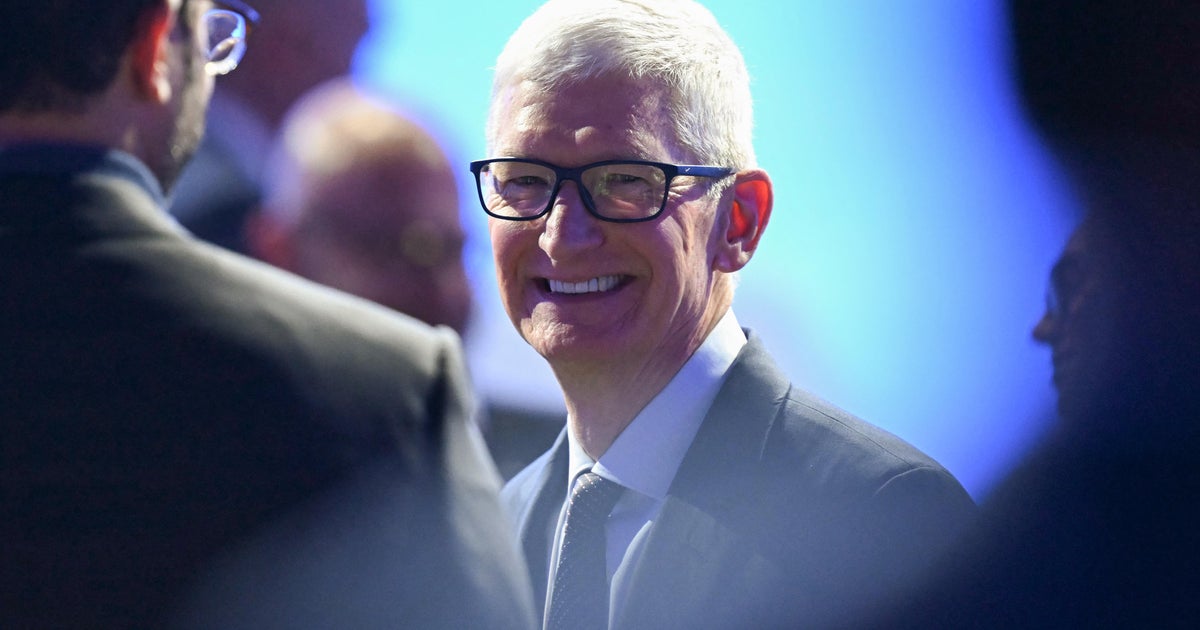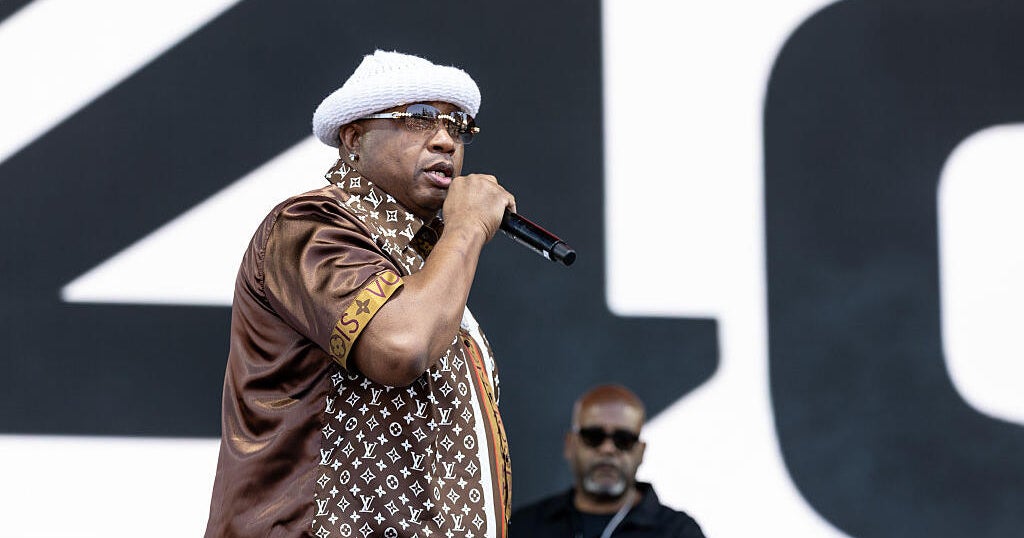How much money do college and university presidents make?
College and university presidents hold some of the loftiest positions in academia, with lofty salaries to match.
While many were previously employed as scholars and professors, in their role as leader of a university they are more akin to a CEO overseeing a company than to academics pursuing scholarly research or lecturing.
A big part of the job often includes networking and fundraising, in addition to setting academic policies and defining the curriculum. In addition to demonstrated leadership, financial and business acumen are often cited as required characteristics of a college president.
Former Harvard University President Claudine Gay, who announced her resignation after her controversial testimony at a Capitol Hill hearing on antisemitism on college campuses, and amid allegations of plagiarism, will continue to serve as a member of the university's faculty. Prior to serving as university president, Gay earned a salary of nearly $880,000 in her last year as Dean of Harvard's Faculty of Arts and Sciences, a position she held from 2018 to 2021, according to the Harvard Crimson.
It's unclear how much Gay will earn in her downsized role at Harvard, or how much she'll be compensated for her six months in the role of president.
Gay's predecessor as president of Harvard, Lawrence S. Bacow, earned more than $1.3 million in 2021, according to the student newspaper.
Harvard did not immediately respond to CBS MoneyWatch's request for information about Gay's compensation.
How much do other college presidents earn?
The most selective schools in the U.S. don't necessarily pay their presidents the most. The president of Thomas Jefferson University was the best-paid private college president in the country, making a total of more than $8.4 million in 2020, according to The Chronicle of Higher Education. Both his base pay and total compensation exceed that of other private college presidents.
The outlet compiled the list based on the Internal Revenue Service's Form 990 for tax-exempt organizations. A university president's total compensation reflects their base pay, bonus, health and other benefits, as well as any other compensation, which can include housing expenses, club dues and more.
With an acceptance rate of 87%, Thomas Jefferson University is ranked No. 142 in the "National Universities" category by U.S. News and World Report. By contrast, Christopher Eisgruber, president of No. 1 ranked Princeton University, makes just over $1 million a year.
These were the top-earning private college presidents in 2020, along with their annual comp, according to The Chronicle of Higher Education:
- Stephen Klasko, Thomas Jefferson University — $8.4 million
- Charles Monahan Jr., Massachusetts College of Pharmacy and Health Sciences University (MCPHS) — $4.5 million
- Shirley Ann Jackson, Rensselaer Polytechnic Institute — $4.2 million
- Steven Kaplan, University of New Haven — $3.7 million
- Jerry Falwell Jr., Liberty University — $3.5 million
Amy Gutmann, president of the University of Pennsylvania, was the highest-paid president of an Ivy League school, earning $2.6 million annually.
In 2022, the top-earning public college presidents included:
- Tedd L. Mitchell, Texas Tech University System — $2.5 million
- Eric J. Barron, Pennsylvania State University — $2 million
- Joyce Ellen McConnell — $2 million
- Renu Khator, University of Houston — $1.7 million
- Harlan M. Sands — $1.4 million
Not all college presidencies are as lucrative. Nationwide, university presidents earn an average of $186,961 annually, according to ZipRecruiter, an online employment marketplace. Other university president roles advertise pay as low as $32,274, according to the site.
Other, less prestigious colleges and universities are also conducting searches for new presidents. On the online job board Indeed, Marwood University, a private Catholic university in Scranton, Pennsylvania, is recruiting a president, with base pay for the position starting at $325,000 a year.







